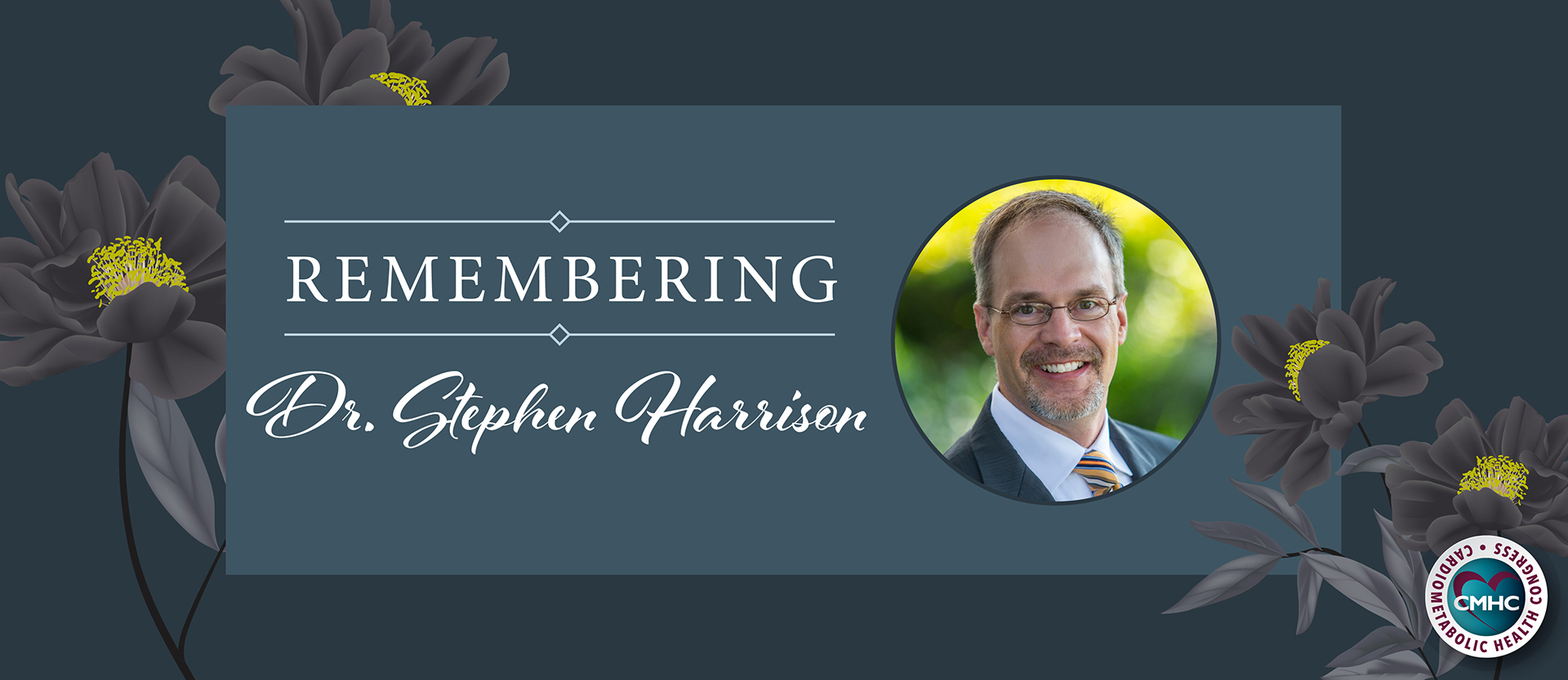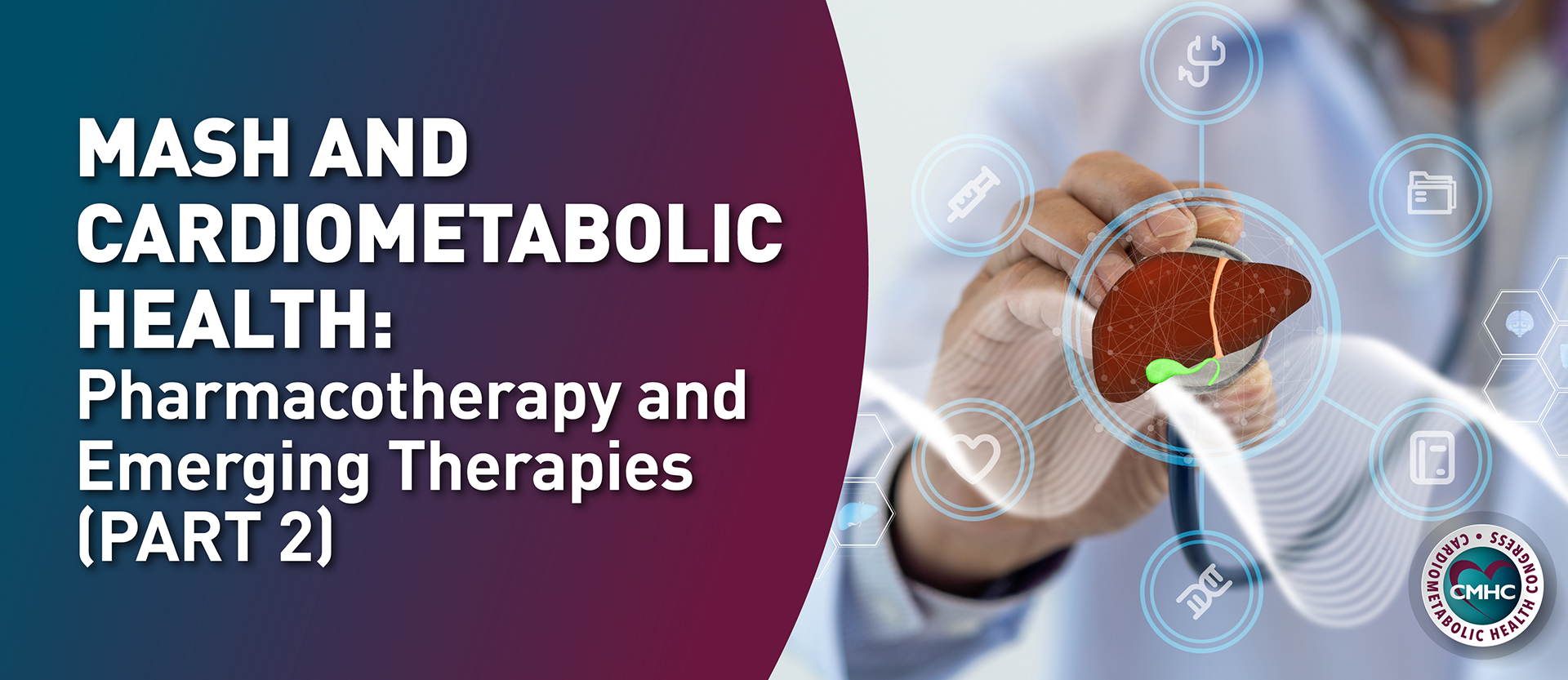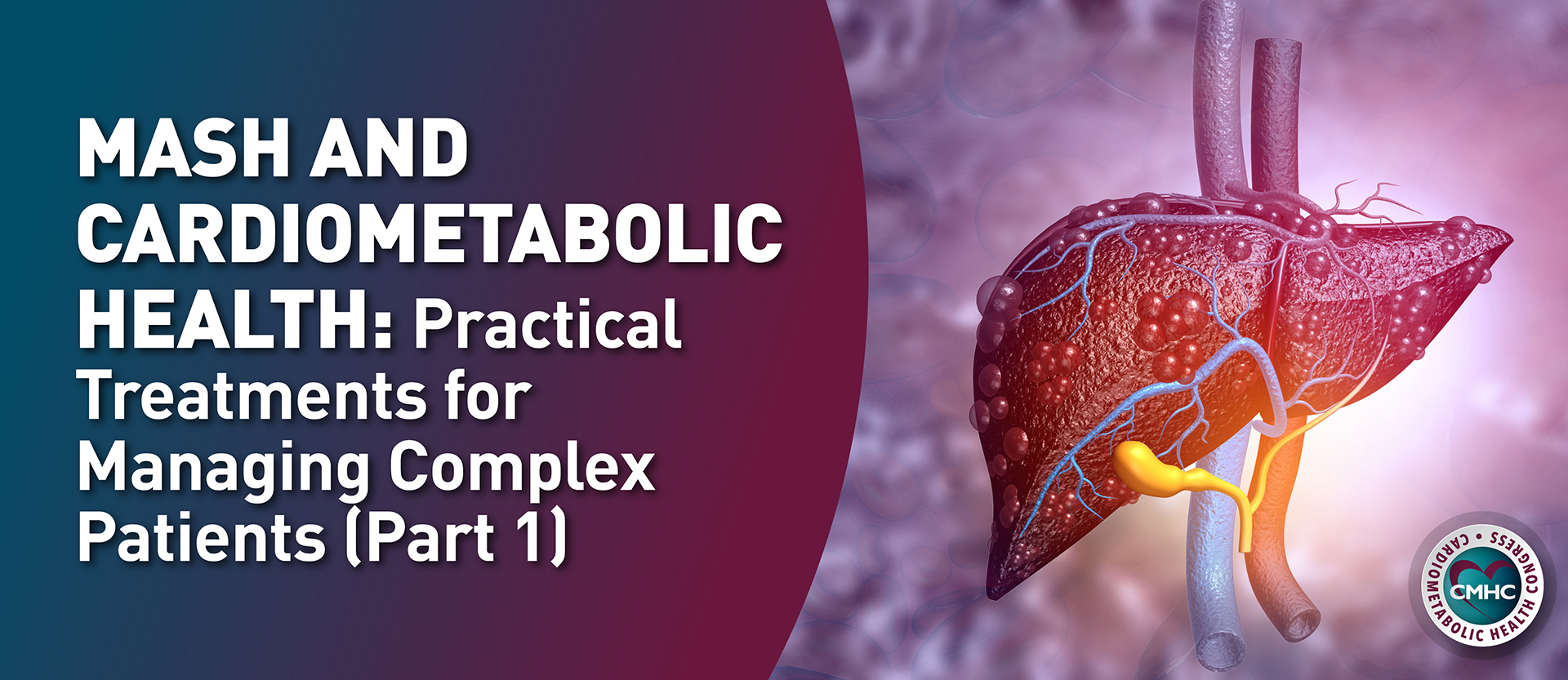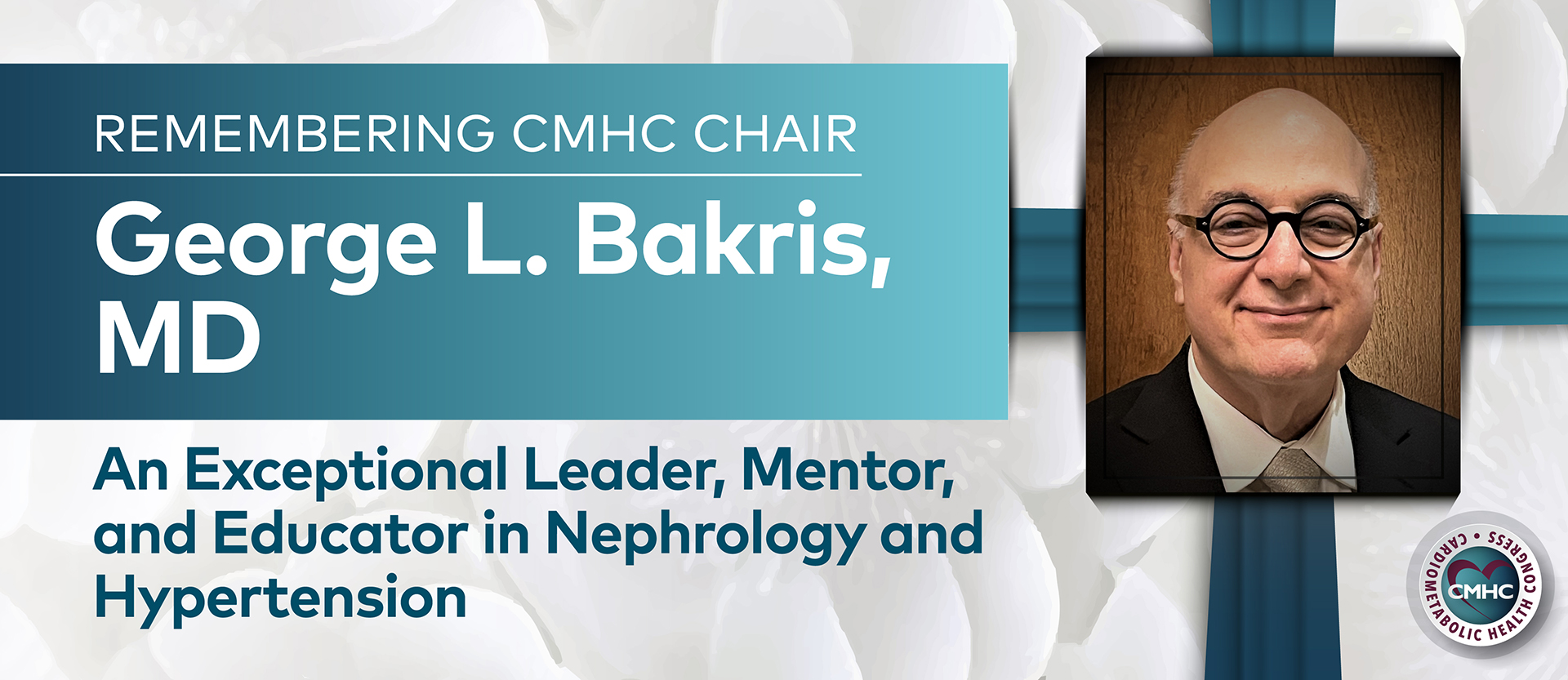We were shocked and saddened to learn that Cardiometabolic Health Congress (CMHC) faculty Col. Stephen A. Harrison, MD, FAASLD, passed away on April 23. Dr. Harrison will be missed by his CMHC colleagues, the entire cardiometabolic community, and beyond. This week’s blog is dedicated to Dr. Harrison’s life and legacy.
Dr. Harrison’s notable achievements in the U.S. Army
Col. Stephen A. Harrison, MD, FAASLD, 20-year tenure in the U.S. Army saw him hold key leadership positions, including as director of Graduate Medical Education at Brooke Army Medical Center, associate dean for the San Antonio Uniformed Services Health Education Consortium, and gastroenterology consultant to the Army Surgeon General. Dr. Harrison, double board certified in internal medicine and gastroenterology, retired in 2016 with the rank of Colonel.
30 years of pioneering research in liver diseases
Over a distinguished 30-year career, Dr. Harrison led groundbreaking research in liver diseases, notably focusing on advancing treatment options for metabolic dysfunction-associated steatotic liver disease (MASLD) and metabolic dysfunction-associated steatohepatitis (MASH).
His contributions significantly shaped the current state of hepatology and the broader scientific community, evidenced by his role as an associate editor of Hepatology and Alimentary Pharmacology and Therapeutics and as a peer reviewer for over 20 prestigious medical journals. Dr. Harrison’s left a prolific publication record of over 350 peer-reviewed articles and 50,000 citations, achieving an H-Index of 106.
Additionally, he held the position of visiting professor of hepatology at the Radcliffe Department of Medicine at the University of Oxford, England, where he conducted groundbreaking research on the utilization of imaging in MASLD and made substantial advancements in noninvasive testing techniques.
Dr. Harrison became a key opinion leader in MASH drug development
Notably, Dr. Harrison played a key role in the development of Rezdiffra (resmetirom, Madrigal Pharmaceuticals), the first FDA-approved drug for MASH/MASLD. He served as the medical director of Pinnacle Clinical Research and cofounded and chaired Summit Clinical Research in San Antonio.
His legacy
Internationally recognized for his research and treatment of nonalcoholic fatty liver disease (NAFLD), later named metabolic dysfunction-associated steatotic liver disease (MASLD), Dr. Harrison leaves behind a legacy of unparalleled excellence in liver research and patient advocacy.
“Dr. Harrison’s contributions in the field are unmatched, and he will be remembered as a visionary leader, renowned researcher, trusted collaborator, patients advocate, patriot and physician, and as a dedicated husband, father and friend. I know I speak for everyone at Summit and the broader Hepatology field when I say that Dr. Harrison left a lasting impression on all he encountered and contributed momentously to liver disease research and its treatment.” – Dr. Mazen Noureddin, Chief Scientific Officer of Summit and Director of Houston Research Institute
“Dr. Harrison’s legacy is an ecosystem for the MASH community that will outlast us all. In his absence, and with the help of Summit, we will take up the torch to further accelerate the progress of MASH clinical research.” – Dr. Michael Charlton, Professor of Medicine at the University of Chicago
“The liver community has lost an incredible clinician and researcher. Dr. Harrison has helped define MASLD and the therapeutic pipeline for this disease. Beyond his scientific contributions, Stephen was a warm genuine person, and his death has left a huge deficit.” – Nancy S. Reau, MD, FAASLD, AGAF, Richard B. Capps Chair of Hepatology and section chief Associate director of organ transplantation Rush University
Dr. Harrison’s passing deeply affected us at the Cardiometabolic Health Congress (CMHC), where we’ve had extensive collaboration with him over the years. As a longstanding faculty member, he played an integral role in our medical education meetings and publications, always eager to offer support and advocate tirelessly for hepatology physicians and their patients. The CMHC team feels fortunate to have had his guidance and is grateful for his leadership and insight. He will be truly missed.


















